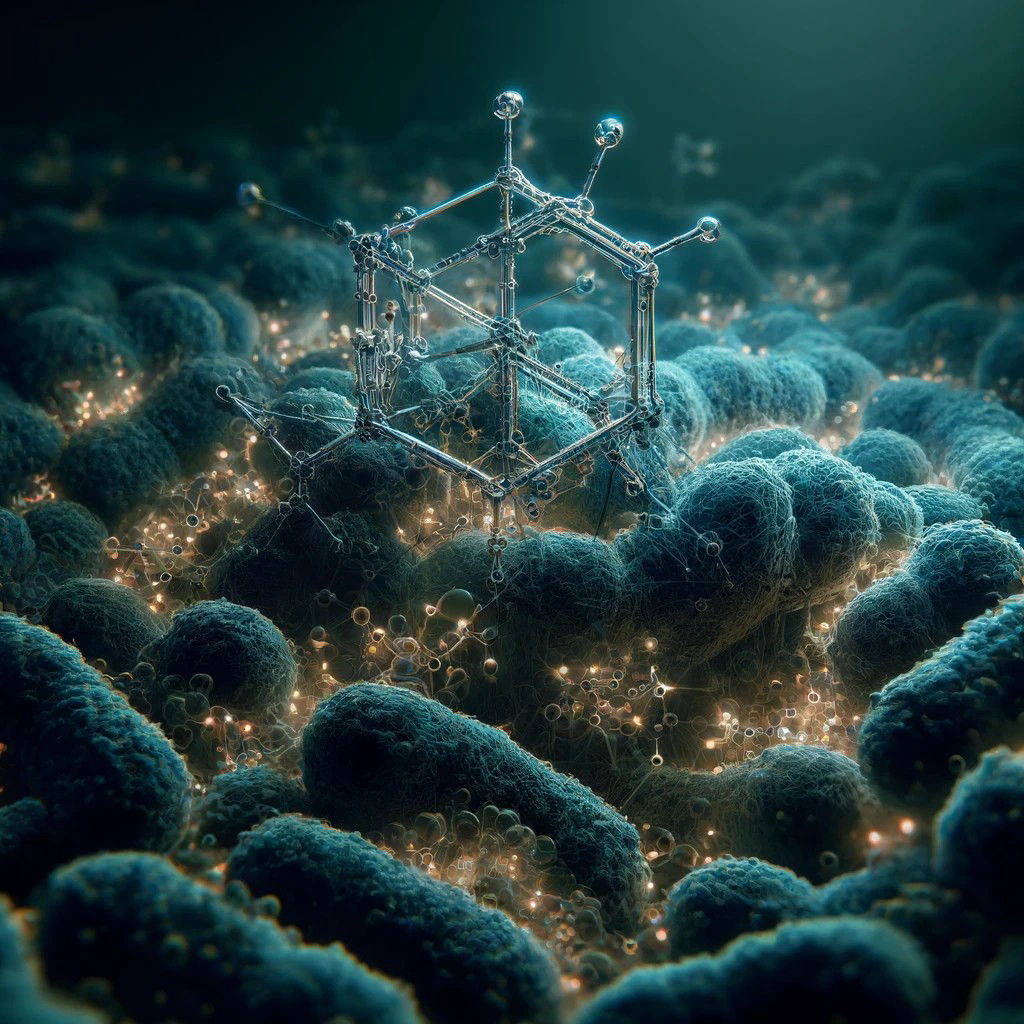Fermentation of probiotic cultures
At MCB Lab, we have developed our proprietary MCB Solid State Fermentation (SSF) process , which combines a solid matrix and optimized fermentation conditions to maximize the production of bioactive compounds. This process is the key to producing high quality postbiotics that meet stringent ISAPP standards.






